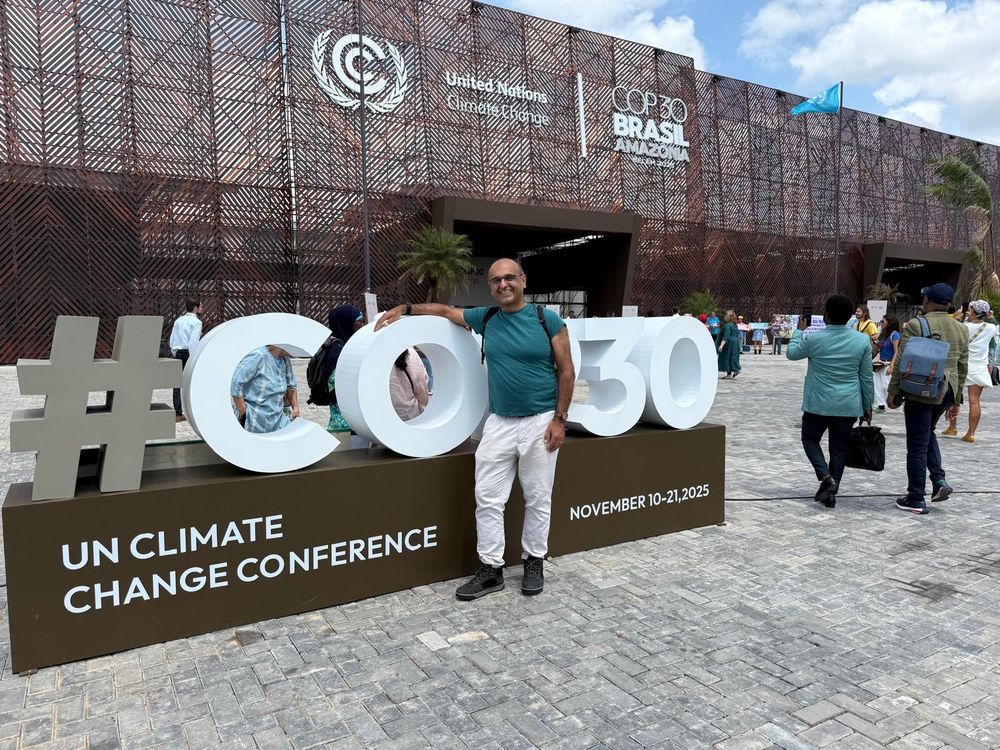
https://nationalzoo.si.edu/about/staff/reynaldo-linares-palomino

Conocemos poco de cómo cambian las comunidades de #plantas en los #valles secos, & los factores asociados. Esta información es crítica para informar el manejo y #conservación en el contexto actual de cambio climático.
📷: JL Marcelo
doi.org/10.1016/j.tf...

Learn more: https://scim.ag/4ocqSuW #ScienceMagArchives
Learn more: https://scim.ag/4ocqSuW #ScienceMagArchives
doi.org/10.1111/syen.70019
#Taxonomy #SpeciesDescription #Diptera
@gkergoat.bsky.social @wileyeco.bsky.social

doi.org/10.1111/syen.70019
#Taxonomy #SpeciesDescription #Diptera
@gkergoat.bsky.social @wileyeco.bsky.social
This one was not beaten by Steve & Dustin, but instead drawn by Frederik Miquel (1864), published in 'Choix de plantes rares ou nouvelles, cultivees et dessinees dans le Jardin Botanique de Buitenzorg'.
#StrangerThings #Demogorgon

This one was not beaten by Steve & Dustin, but instead drawn by Frederik Miquel (1864), published in 'Choix de plantes rares ou nouvelles, cultivees et dessinees dans le Jardin Botanique de Buitenzorg'.
#StrangerThings #Demogorgon
#StrangerThings #Demogorgon

#StrangerThings #Demogorgon
80% of Earth’s land is road-free, but roads threaten peatlands with habitat loss & pollution. By 2050, millions of km² will be paved — mostly in developing countries.
Peatlands are vital. Let’s safeguard them! 🌍💚
80% of Earth’s land is road-free, but roads threaten peatlands with habitat loss & pollution. By 2050, millions of km² will be paved — mostly in developing countries.
Peatlands are vital. Let’s safeguard them! 🌍💚

Schley et al.
nph.onlinelibrary.wiley.com/doi/10.1111/...

Schley et al.
nph.onlinelibrary.wiley.com/doi/10.1111/...


tinyurl.com/3s8xhjvx

tinyurl.com/3s8xhjvx
David Neill, co-author of the study and legendary figure in neotropical botany, passed away this year. Sumacoa represents both a scientific milestone and a tribute to his legacy.



We show, using data for ~250,000 #plant species, that broader climatic niches consistently predict larger geographic ranges and higher dominance - a key insight for #biodiversity under #climatechange🌍🌱👉https://www.pnas.org/doi/10.1073/pnas.2517585122

We show, using data for ~250,000 #plant species, that broader climatic niches consistently predict larger geographic ranges and higher dominance - a key insight for #biodiversity under #climatechange🌍🌱👉https://www.pnas.org/doi/10.1073/pnas.2517585122
@ecioxford.bsky.social
@oxfordgeography.bsky.social

@ecioxford.bsky.social
@oxfordgeography.bsky.social
🐟 They harbour countless species, many found nowhere else on Earth, and they serve humanity in profound ways.
#WetlandsWednesday #CITESCoP20

🐟 They harbour countless species, many found nowhere else on Earth, and they serve humanity in profound ways.
#WetlandsWednesday #CITESCoP20
doi.org/10.1111/een.70036
@sheborg.bsky.social @robwilsonmncn.bsky.social @callomac.bsky.social
Photos courtesy of article authors


doi.org/10.1111/een.70036
@sheborg.bsky.social @robwilsonmncn.bsky.social @callomac.bsky.social
Photos courtesy of article authors

#PlantHunters #NewSpecies

#PlantHunters #NewSpecies
* p values are highly unrealiable - don't trust them, don't use them!
www.thenewstatistics.com
tiny.cc/osfsigroulette
#IRICSydney


The research focuses on plants native to the Cerrado savanna, a biome where fire is a natural mechanism for vegetation regeneration and seeds can germinate after the land burns.

The research focuses on plants native to the Cerrado savanna, a biome where fire is a natural mechanism for vegetation regeneration and seeds can germinate after the land burns.
Experts warn Indonesia’s credits risk being “hot air.”

Experts warn Indonesia’s credits risk being “hot air.”
eos.org/articles/as-...

eos.org/articles/as-...

